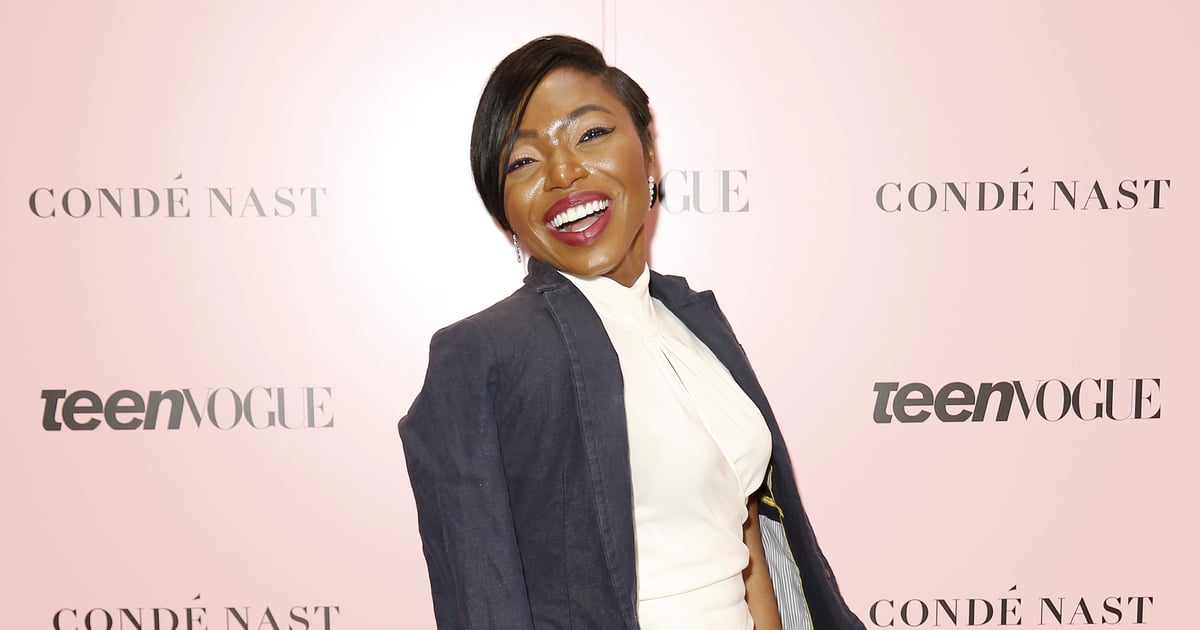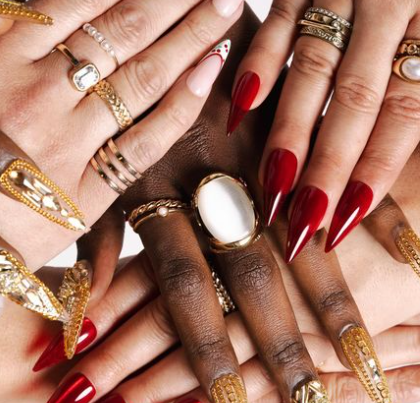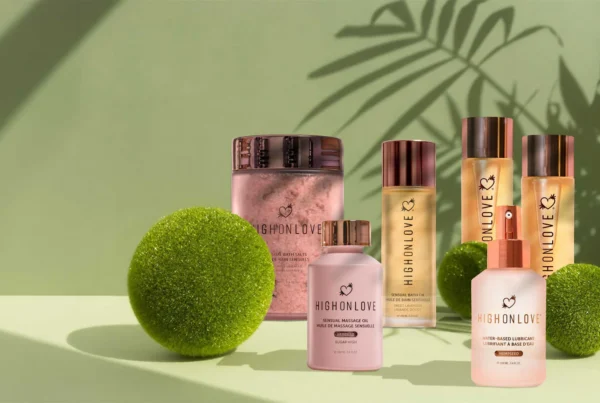Photo Courtesy of Pop Sugar
The viral campaign of #pulluporshutup challenges brands to show consumers how many Black people they have employed in corporate and leadership roles
In 2020, diversity is the trend everyone wants to follow. Every brand we know now is adding more inclusive colors to their foundation shades, the models and bloggers these brands feature in their campaigns, and even the brand’s choice in naming each product, are all factors that come into play when determining whether or not brands are actually as inclusive as they’d like consumers to believe.
Major beauty brands are pulling up to post the percentages of Black employees in high-level positions. They’re answering founder and CEO of UOMA Beauty Sharon Chuter’s call on Instagram, Pull up or shut up. In a June 3 Instagram video, Chuter thanked the brands who have voiced support of the BLM movement but recognized that a heartwarming social media post or a black square is simply not enough. “At this point, to continue to play the role in the marginalization of Black people shows that a lot of these efforts may just be PR stunts.” Chuter also posted employment statistics, including only 8% of people in white-collar professions are Black and only four Fortune 500 companies had a chief Black executive in 2019. Black Americans make up 13% of the population. Chuter challenged brands to release the specific number of Black people they have in corporate roles as well as leadership roles.
As of now, @pullupforchange has over 130,000 followers on Instagram and has been posting screenshots of employment statistics as brands began posting them.
Within the first four days, the account posted screenshots of over 40 brands participating, including ELF, Estee Lauder, Morphe, and Loreal.
It’s great that brands are being vocal in the fight for Black lives. Bigger brands holding themselves accountable is a great example for brands even outside of the beauty industry. But actions speak louder than words. It is important to listen and validate the experiences of Black customers, employees, and models. A quick look in the comments will reveal more opinions. It’s especially important at a time like this that we are supporting the brands we believe in, and turning away from the ones we do not. As Chuter put it, “Tell your brands to pull up for real this time or shut up.”
Black-owned brands like Uoma Beauty, Beauty Bakerie, ColouredRaine, The Lip Bar and Mented Cosmetics proved their dedication to advocating for Black communities through their stats, while some larger brands seemed to struggle. Here are a few US brands that have pulled up to this challenge:
Kylie Cosmetics
Kylie Cosmetics—the makeup brand owned by Kylie Jenner—reported 13% Black employees and 47% BIPOC workers.
Glossier
Glossier has already committed $1 million, with half going to Black Lives Matter, the NAACP Legal Defense and Educational Fund, the Equal Justice Initiative, the Marsha P. Johnson Institute, and We the Protestors, and the other half being used to provide grants to Black-owned beauty companies.
Of the 205 people that filled out their survey (out of a total of 250 HQ employees), Glossier reported only 9% are Black, with none of them in leadership positions.
Ulta Beauty
Ulta Beauty – Theprestige & mass cosmetics retailer, stated 18% board, 13% leadership, and 6% of associates are Black.
Markwins Beauty
The Markwins brand portfolio includes Wet n Wild, Physicians Formula, Black Radiance Beauty, Lora Cosmetics, and Lip Smacker brand. 12.5% Black participation, and 25% at board level.
Becca Cosmetics
Becca Cosmetics pulled their numbers independently from Estee Lauder’s release. They pulled up with 12% Black employees, 14% Executive Officers, and 3% Employees at an Executive director level or above.
MAC Cosmetics
MAC pulled their numbers independently from Loreal’s release. 18% Black representation across the organization, 17% in the executive team, and 4.5% at director level and above. They also released a comprehensive pledge and action plan.
“We need to see those receipts,” Chuter said on her personal Instagram account on June 6. “We love your campaigns but we need to know how many Black people you employ at a corporate level and executive level. Our culture has fed your brand. Show us how you feed us. Retweet and share!”
“The conversations I’m having today, everybody feels like I just started having it because of Black Lives Matter,” she later shared on the episode. “Go back to my interviews from two years ago. I was saying the exact same thing. Being within these corporations, they didn’t make products for Black people. They didn’t have representation.”
But it’s not just the beauty industry that needs to make a shift — it’s all of corporate America.





